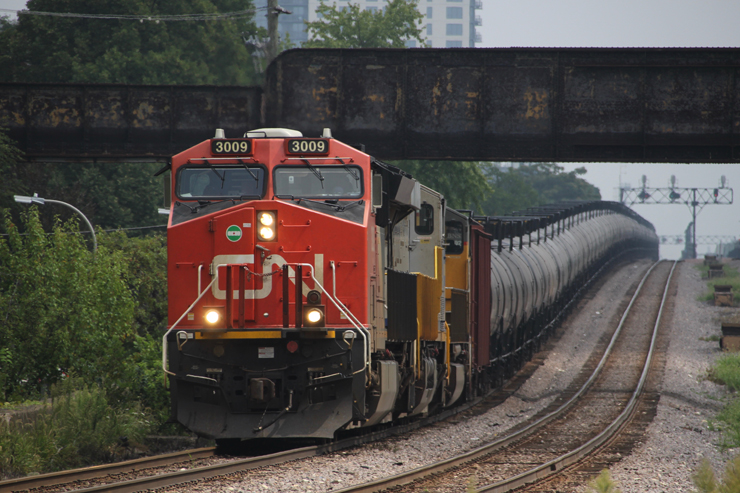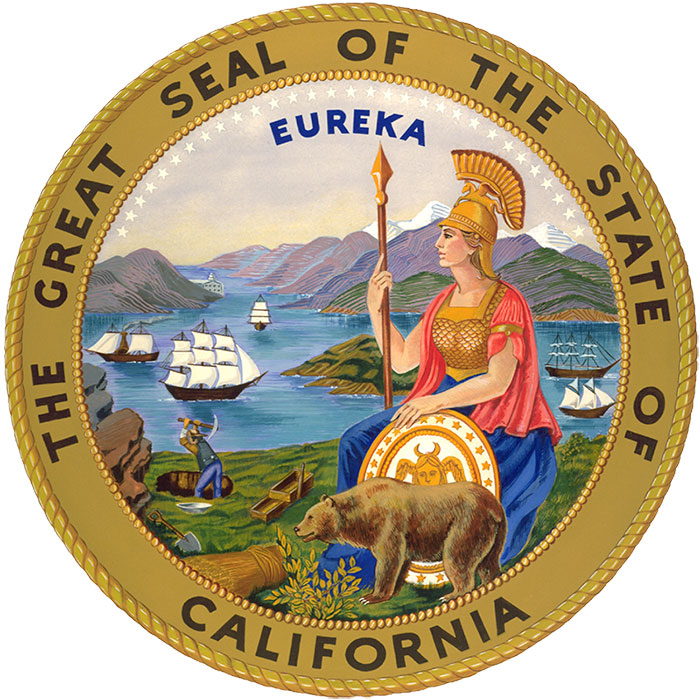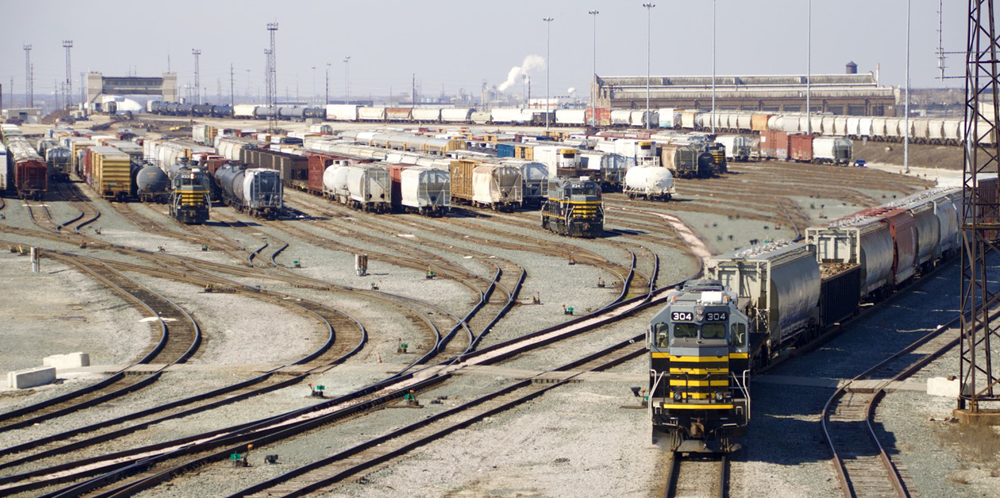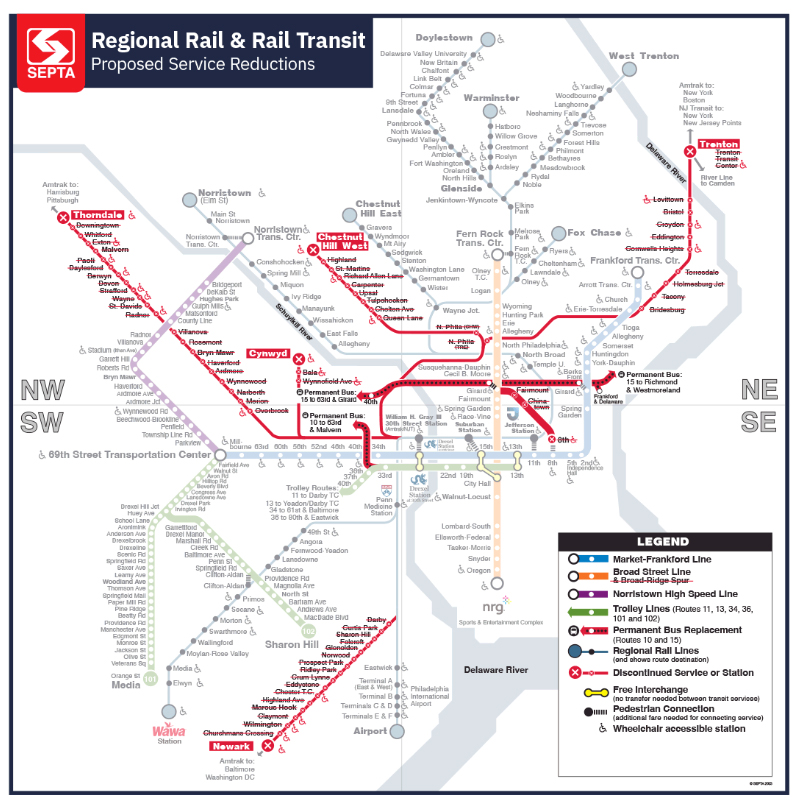The Alberta government-imposed production curtailments in January, and in February reached a $3.7-billion deal with CN and CP to haul the province’s landlocked crude oil to markets in the U.S. and Canada starting this summer.
The New Democratic Party was ousted in elections in April, however, and the new provincial government, led by the United Conservative Party, aims to privatize those contracts and may ease the production quotas for rail-hauled crude.
“We’re actually, I think, more optimistic today than we have been that these issues are going to get resolved and there could be significant upside in crude by rail,” CP Chief Marketing Officer John Brooks said on the railway’s earnings call this month.
“Our crude oil shipments have increased significantly in the quarter and we are optimistic that the Alberta government will enable that momentum to continue for the balance of the year,” CN Chief Financial Officer Ghislain Houle said on the railway’s earnings call this week.
Some of Alberta’s largest oil producers are seeking to wiggle out of the production quotas on the condition that excess crude move via rail. They’re also willing to take over the contracts the province signed with CN and CP.
By the end of the year, Suncor could send 250,000 to 300,000 barrels of crude per day to railroads if it’s allowed to ramp up production, CEO Mark Little said on the company’s earnings call on Thursday.
CN was handling a total of 198,000 barrels per day in June, up from 86,000 barrels per day at the low point in February, while CP was hauling about 160,000 barrels per day during the second quarter.
CN has crew and locomotive capacity to handle up to 300,000 barrels per day, CEO Jean-Jacques Ruest says. The railway currently has 200 train and engine employees furloughed in Western Canada due to the slower than expected rise in crude oil shipments.
Another major oil producer, Cenovus, says easing the production curtailments would be an incentive for oil companies to take over the contracts the province signed with the railways.
The pace of the ramp up may depend on whether the transfer of contracts is timed to match an easing of production quotas or an exception for rail-hauled oil, says James Cairns, CN’s senior vice president of rail centric supply chain.
“We are very hopeful that’s going to happen and could see some very positive news here this summer,” Cairns says.
“Fundamentals for crude remained strong for the second half of 2019,” he says. “August spreads are challenging for rail, but we have a few new contracts starting in August that will ramp up through the balance of 2019. A change in government curtailment policy could impact demand moving forward.”
CN and CP executives say they expect Alberta to shift its oil contracts to the private sector by fall.
Most of the oil will be destined for refineries on the U.S. Gulf Coast, where it can be sold at higher prices. The balance of the oil will head to refineries on Canada’s west and east coasts.
Alberta produces about 190,000 more barrels per day than can squeeze into existing pipelines.
Last year, Canadian crude exports to the U.S. reached record levels, but shipments sank earlier this year amid the production curtailments and unfavorable price differences between Alberta crude and other sources of oil.
The cost of shipping a barrel of oil to the Gulf Coast via rail is $9 to $12 more than sending crude via pipeline. But pipeline capacity is maxed out and new and expanded pipelines are a few years away after being dealt setbacks in Canadian courts.
“The fundamentals are we’ve got a lot more oil being produced than pipeline capacity to take it away, and there’s a demand for it in the market,” CP CEO Keith Creel says. “We’ve just got to work through this and we’ll continue to work in lockstep with the government to get this issue resolved.”















You seem to have missed the oil that moves from Alberta to the US west coast.
@Michael Klass – Since CN and CP were the focus of the article, it would follow that it would talk about ports they can reach on the Petro Coast. CN to New Orleans, CP to Galveston via KCS. This is where the major heavy crude refiners are.(unfortunately)
Neither CN or CP have west coast port access in the US unless carried by BNSF or UP. They would rather use Prince Rupert or Vancouver.
With the political climate in the US west coast growing yet more hostile against oil transport by rail, I can’t see much if any Canadian oil leaving via the US west coast ports. Just Bakken.
If Canada would allow a permit to build a heavy crude refinery on their west coast, they could easily export the profitable products.
The newest, latest refinery built in Dickinson, ND said in no way will they support a heavy crude operation. This forces the oil shale to the Gulf Coast.